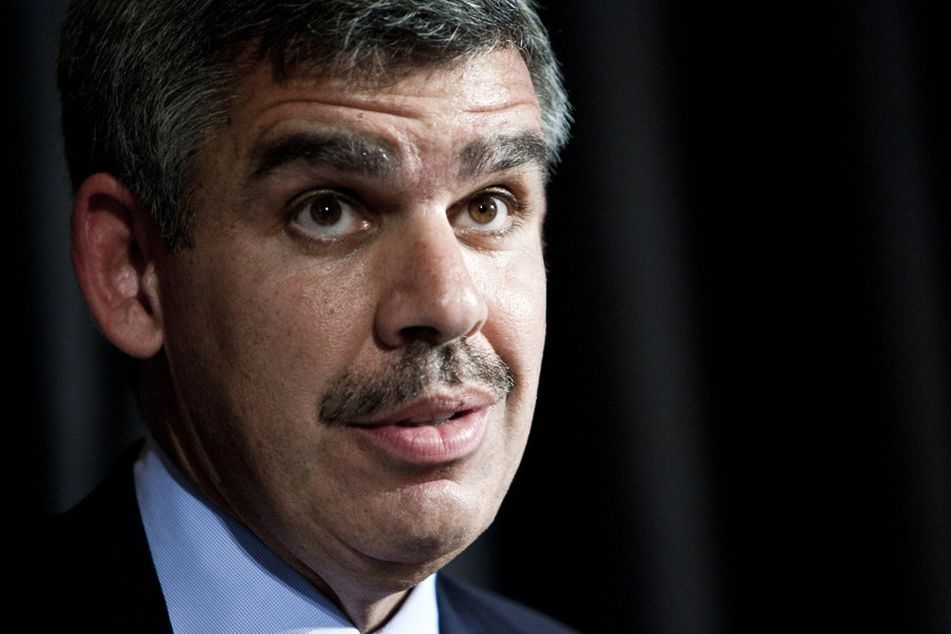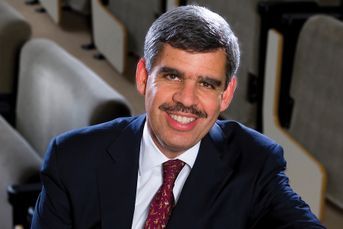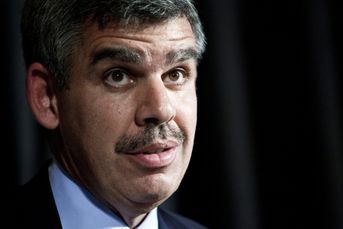El-Erian: Don’t be too quick to discount a December Fed rate hike

The risk of misreading global and domestic economic context.
The fragility of the global economy, weakening conditions in the U.S. and recent statements from some Federal Reserve officials have led to a growing acceptance that the central bank won’t raise interest rates this year.
But those who now predict the Fed will put off its first increase in almost 10 years until March 2016 may be misreading the broader domestic and international context.
THE FED’S COUNTDOWN
By limiting the demand for exports and damping corporate revenue from overseas sales, a weaker global economy tends to hold back U.S. expansion. But the scale and scope of these effects pale in comparison to the impact of domestic developments. In fact, the global conditions would only marginally enter into consideration for Fed officials if this weakness wasn’t contributing to instability in financial markets.
For example, economic concerns about China triggered widespread financial volatility in the weeks preceding the mid-September meeting of the Federal Open Market Committee. Those disorderly price declines and overshoots, together with adverse contagion among asset classes, were important reasons for the central bank’s decision not to raise rates then.
Now markets around the world have regained a better footing and the external headwinds are not as strong, even though growth has yet to rebound in China and the rest of the emerging world.
When it comes to the U.S. economy, the case for a rate hike has been challenged by recent indicators of consumer weakness, and its impact on retailers. But here, too, the broader context is important.
After a frustratingly slow post-crisis start, the U.S. economy has had an impressive run of job creation. But further progress is dependent on important structural issues that are not easily addressed by Fed policy. Meanwhile, wage and inflation pressures are starting to build, though in a rather modest fashion. And concerns about excessive risk-taking — an unintended side effect of the central bank’s prolonged use of unconventional monetary policy — are far from settled.
Taken together, this suggests that, even though an October rate hike can almost certainly be discounted, it would be premature to entirely rule out action by the Fed in December, let alone to predict it would be postponed until March of next year. Only a lot more signs of weakness in the domestic economy, as well as a return of global financial market instability, would make that a sure bet.
Mohamed El-Erian is chief economic adviser at Allianz SE and a Bloomberg News columnist. This originally appeared at BloombergView.
Learn more about reprints and licensing for this article.





